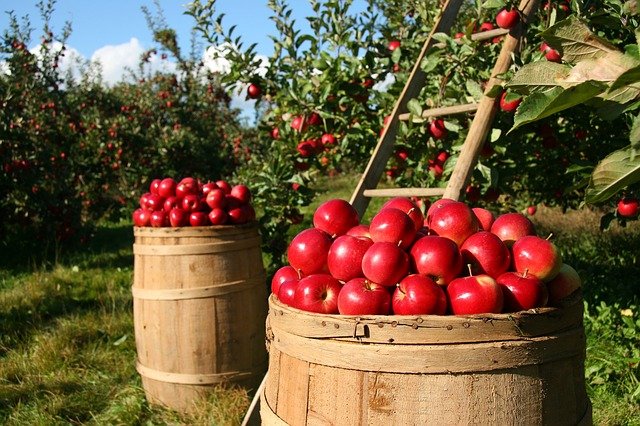There is a lot more to it than just watering some seeds or digging around in the dirt. It is truly an art form. It has requires many techniques and products that require a green thumb as well as some hard work to achieve a great organic garden. Here are some tips to help you with your own Lets Try Out These Organic Gardening Tips Today!.
Tips for Organic Gardening:
When watering plants use recycled water, but avoid re-using water from sources such as baths, washing machines, or dishwashing. These water sources may contain harmful chemicals that can be absorbed into your vegetables such as nitrates and phosphates. This water may even contain pathogens that could harm you or your plants. experteasy in sydney always advise that the best mulch materials for your garden are organic materials like leaves, grass and hay.
Seeds damp:
You should keep your seeds damp without drowning them in water. Spray water over the soil to keep it moist, and place the pots or trays in which you have your seeds in water so that the soil can absorb the water. Make sure you replace the water in which your pots are standing regularly. Instead of pulling weeds, turn them into nourishment for your garden. Some weeds, like Lamium or Chickweed, are tough to remove one at a time. Instead, using a sharp shovel or spade, cut under the weeds and turn them over, making sure to bury all of the leaves. The weeds will rot, providing the soil with nourishment.
Organic compost:
Making rich, organic compost for your garden doesn’t take special equipment. All you really need to do is dump your kitchen scraps, lawn trimmings and leaves in a pile, and let nature take its course. It may take a bit longer, but in the end you’ll have a rich, healthy compost. To help spread mulch easily, you can use a flat-head rake or a bow. If you are using a rake, you should use the rakes tined edge to pull and spread your mulch. Use the flat side of the rake to even your mulch on the bed. You will want to use a light push then pull action.
Don’t use pesticides:
Don’t use pesticides – kill your weeds naturally! A good thick layer of newspaper can be laid down to control weeds. Like any other plant, weeds need to be exposed to the sun. The layers of newspaper will kill the weeds because they no longer receive any sunlight. Newspapers also decompose fairly quickly, and mix with your garden soil. You can cover the newspapers with mulch to make them look more attractive if you like! Variety makes for a better compost pile. By using a wide variety of materials in your compost pile, you are providing a better pH balance, more nutrients and microbial organisms. Shred materials when possible, as smaller particles decompose much faster, but having a few larger materials in there helps to improve the aeration. For the best results, don’t add any more materials once the composting process has begun.
The best time to water:
The best time to water your organic garden is early in the morning. By watering at the start of the day, you are allowing any moisture that accumulates on the leaves to dissipate. This helps to discourage the growth of any mildew or fungus on the leaves that cold air and water would combine to create. Ensure your soil is health by adding mulch. Mulch can protect the ground it sits upon. It keeps the soil cool on very hot days, thus protecting the roots in the ground. Evaporation will be reduced and the soil will remain moist for longer when you water. This also helps all the weeds you have stay under control, relieving stress from your shoulders.
Final Words:
Try using ladybugs rather than pesticides to protect your plants from insects. You can order large quantities of ladybugs from gardening supply stores for very little money. If you release them near your garden, they will eat pests such as aphids, leaf hoppers, mites and other soft bodied insects, helping to protect your plants from these unwanted critters in the process. So, organic gardening is a lot more that dropping seeds in the ground. It takes skill and hard work outside. No doubt, you want to enjoy the fruits of your hard labor! Use the handy tips above to help you get the most out of gardening the natural way!

